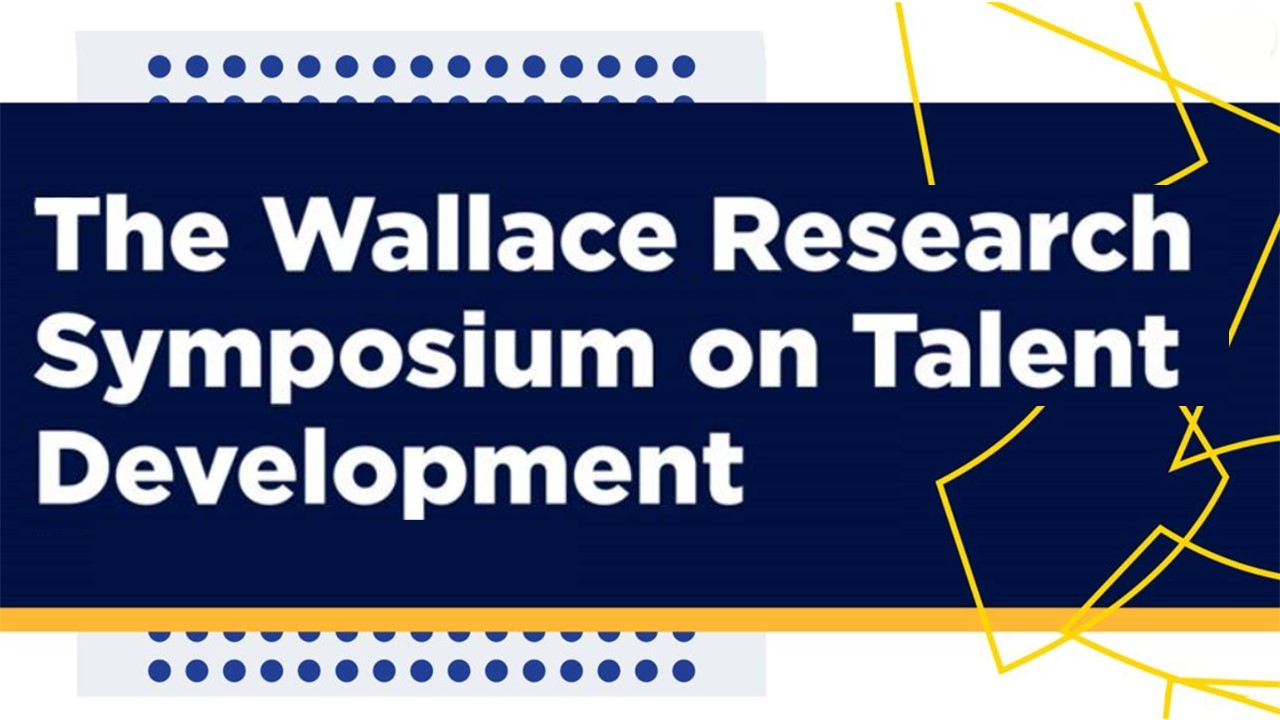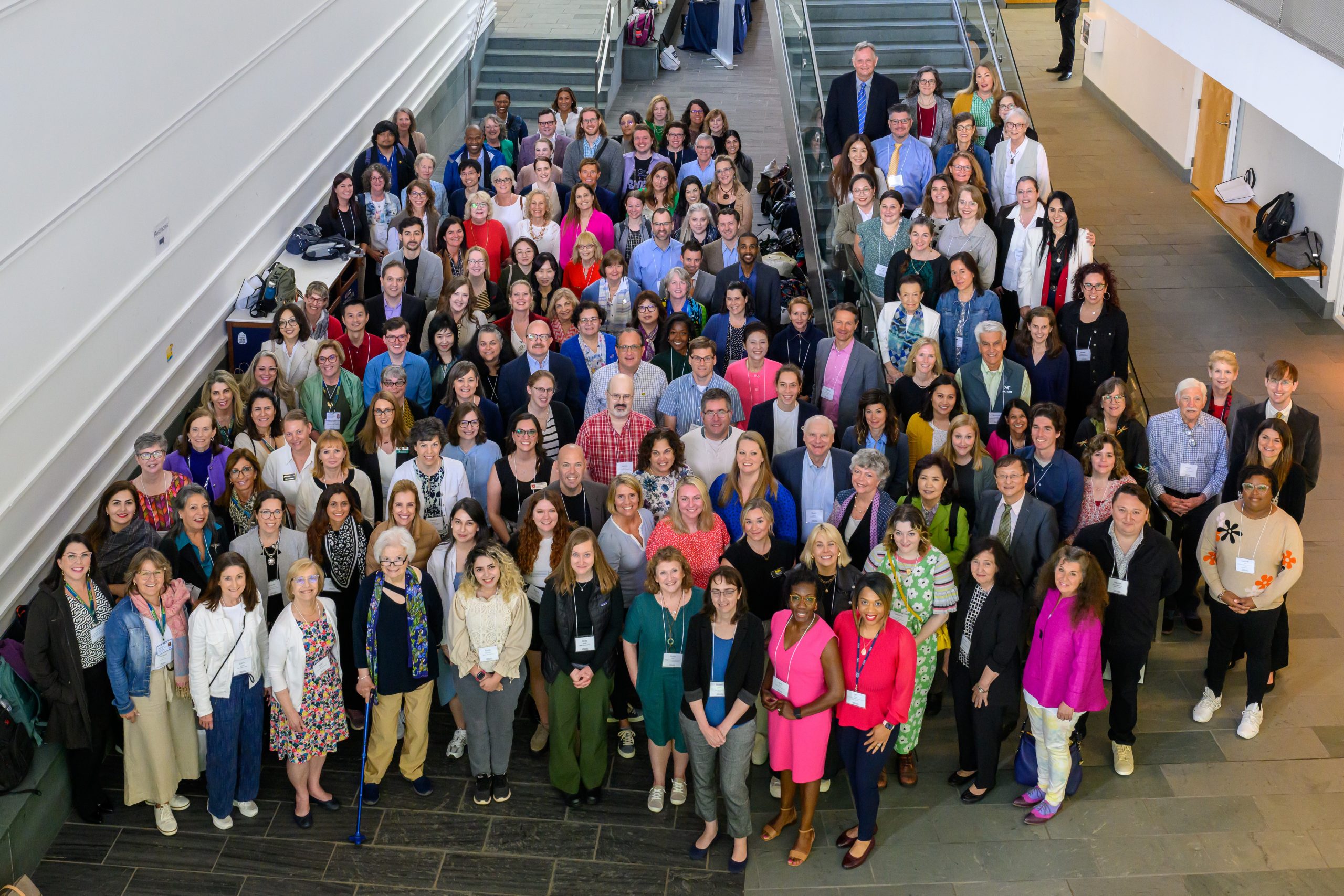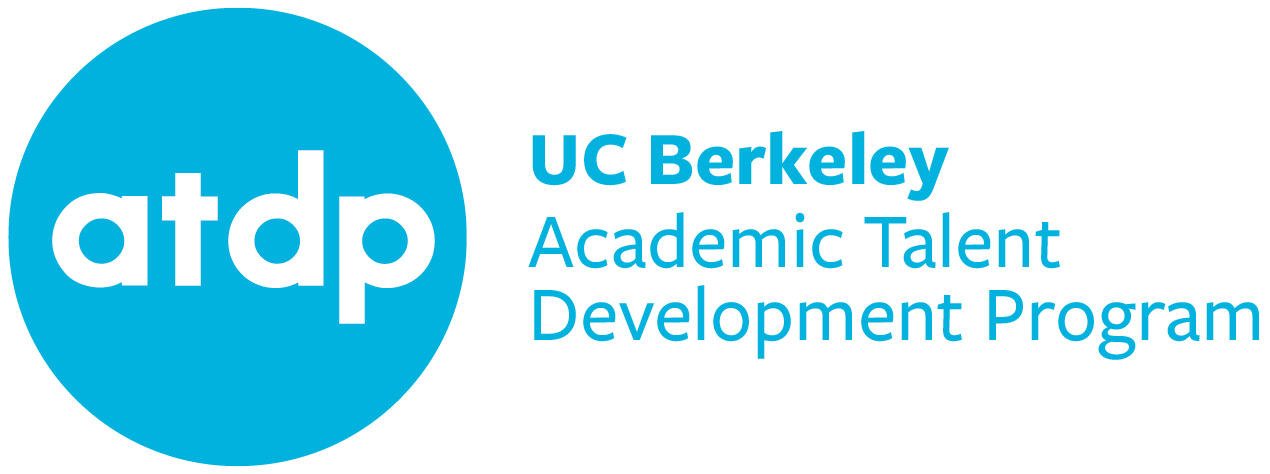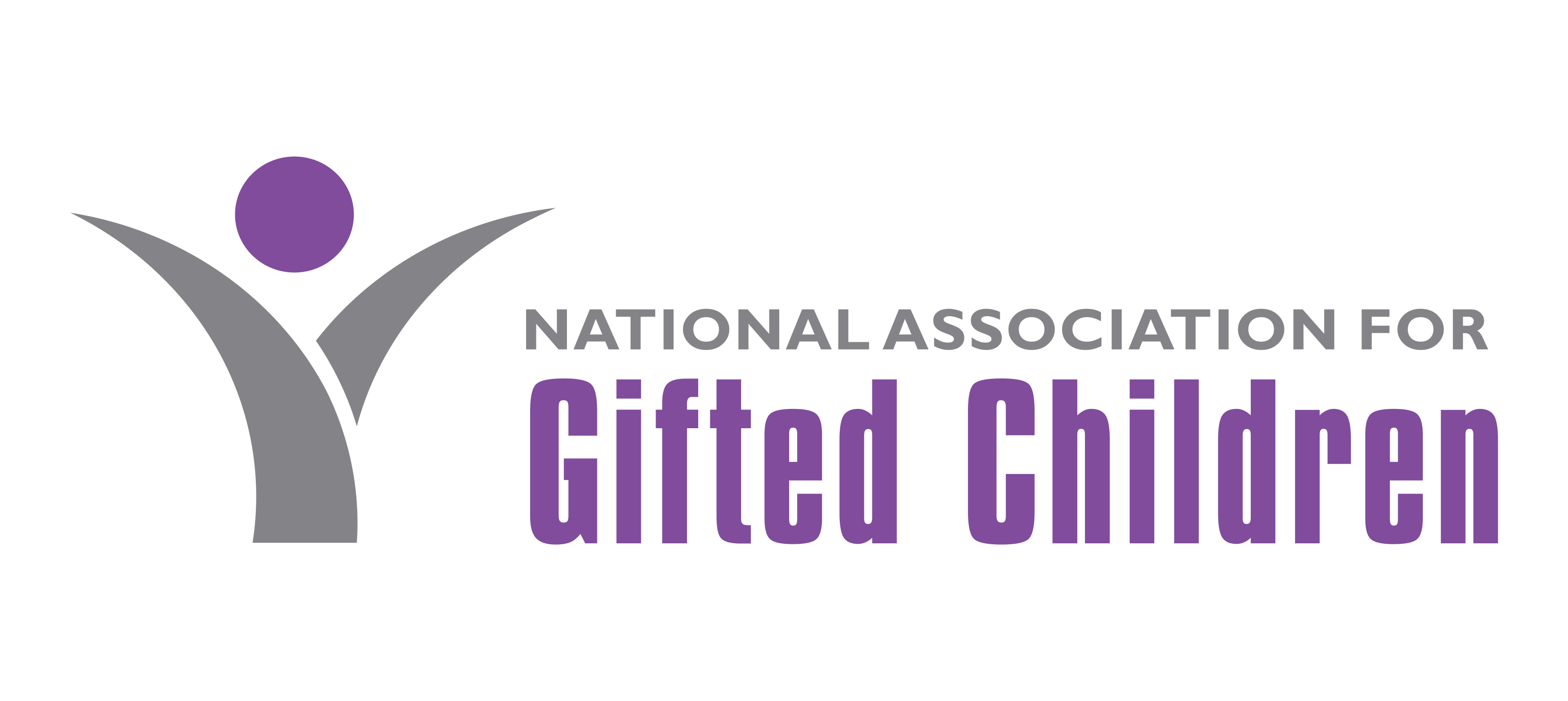
#wallace24
Schedule
Speakers
Campus/Building Maps
Updates
Mark your calendar for the May 18-20, 2026 Wallace Symposium at the University of Iowa

View more photos here.
Sunday, May 19, 2024
1:00 – 3:00
Registration / Check-in
3:30 – 4:00
Opening and Welcome — Lawrence D. McHugh Hall, Room MCHU 102
4:00 – 5:00
Opening Keynote: Illuminating Equitable Pathways: Unveiling Racial Dynamics in Gifted Education (Malik Henfield) — Lawrence D. McHugh Hall, Room MCHU 102
5:00 – 5:15
Response and Q&A
5:30 – 7:00
Dinner — Student Union Ballroom
7:00 – 8:15
Panel: What is the Future of Gifted Education and Talent Development? (Camilla P. Benbow, Linda Brody, Dante Dixson, Andrea Dawn Frazier, David Lubinski, & Joyce VanTassel-Baska with Carolyn M. Callahan as moderator) — Student Union 304
8:15 – 9:00
Dessert Reception — Student Union Ballroom
Monday, May 20, 2024
7:30 – 8:30
Breakfast
8:30 – 9:30
Julian C. Stanley Distinguished Lecture - Current Mindsets in Gifted Education and Talent Development: What Happened to Talent Discovery? (Susan Assouline) — Lawrence D. McHugh Hall, Room MCHU 102
9:30 – 9:45
Response and Q&A
9:45 – 10:15
Group Photo and Refreshment Break
10:15 – 11:15 Concurrent 1 – Submitted Papers (5 sessions of 2 papers each)
Lawrence D. McHugh Hall, Room MCHU 201
- Research on Talent Development through the Lens of Developmental Science — David Dai
- Intelligences Outside the Normal Curve: The Role and Responsibility of Gifted Education for Promoting the Development of Social Capital and Co-Cognitive Skills in Young People — Joseph S. Renzulli
- Brilliant State of Mind: The Methods for Unveiling Archetypes and Aspirations — Rebecca Lubin
- Talent and Career Development Among Students Underrepresented in Gifted Education — Saba Ali, Duhita Mahatmya, & Megan Foley-Nicpon
- Exploring Gifted Adults Worldwide: Insights, Experiences, and Implications — Karen Bendelman
- Gifted Adults From 3 Continents: What They Do, Think, and Feel? — Susana Graciela Pérez-Barrera
- How Much Teacher Is in Teacher Rating Scales? — D. Betsy McCoach, Anthony Gambino, Scott J. Peters, Daniel Long, & Del Siegle
- How Much Academic Variability Exists in Classrooms? — Karen Rambo-Hernandez, Blaine A. Pedersen, Scott J. Peters, Matthew C. Makel, & Jonathan Plucker
11:30 – 12:30 Concurrent 2 – Invited Featured Sessions (3 sessions)
- Outlier Talents: Contributions of Non-traditional, or Culturally or Regionally Unique Domains to Our Understanding of Talent Development (Rena Subotnik) — Lawrence D. McHugh Hall, Room MCHU 206
- Using Strength-based Teaching Strategies for 2e/ASD Students (Sally Reis) — Lawrence D. McHugh Hall, Room MCHU 205
- Opportunities Provided, Opportunities Taken: Providing Early Talent Development Opportunities is Critical for Diversifying Gifted Education (Frank Worrell) — Lawrence D. McHugh Hall, Room MCHU 101 — View the Presentation
12:30 – 1:45
Lunch
1:45 – 3:15 Concurrent 3 – Submitted (5 sessions of 3 papers each)
Lawrence D. McHugh Hall, Room MCHU 201
- Learning Something New Matters — Del Siegle, Susan Dulong Langley, Kenneth J. Wright, Kelly Kearney, Sarah D. Newton, & Ashley Carpenter
- Are Two Heads Better Than One? Co-teaching to Meet the Needs of Advanced Students in Mixed Ability Elementary Math Classes — Kenneth J. Wright
- The Effect of Curricular Intervention on High-Potential English Learners' Math Achievement — Jenny Yang, Seokhee Cho, & Gülnur Özbek
- Voices from Practitioners and Families: Moving Toward Equitable Access to Gifted Education — Kristen Lamb, Nancy B. Hertzog, & A J Balatico
- Systemic Change for Equitable Gifted Services: One District's Journey — Nancy B. Hertzog, Kristina H. Collins, & Claudine Berry
- Research Practice Symbiosis: Supporting the Needs of Diverse Gifted Students in Ireland — Orla Dunne & Leeanne Hinch
- Using the Schoolwide Enrichment Model (SEM) to Discover and Develop Interests and Talents of Students in Rural Schools in Mexico — Janet B. Saenz
- Identifying Mathematical Talent in Rural Primary School Contexts — Karen Rambo-Hernandez, Maryann Hebda, Carla Brigandi, Thomas Hallmark, & Jiangmei Yuan
- Rodeo, Beading, and 4-H: The Intersection of Place, Rurality, and Gifted Underrepresentation — Norma Hafenstein & Kristina Hesbol — View the Presentation
- An Electrodermal Biofeedback Intervention for Anxiety, Stress, and Achievement Among Honors and Non-Honors Students: A Randomized Controlled Trial — Luis Orione Ferreira, Del Siegle, & Talbot S. Hook
- Gifted Education Models and Biography: Developing and Validating an Assessment to Document Student Outcomes — Ann Robinson, Jill L. Adelson, & Keila Moreno
- Beyond Traits: Personality Profiles as Predictors of Diverse Social Experiences Among Students with Gifts and Talents — Jennifer Riedl Cross, Tracy L. Cross, Sakhavat Mammadov, & Colm O'Reilly
- Diversity, Equity, and Inclusion in Gifted Education: An Examination of Professional Learning — Lindsey Reinert, Vicki Boley, & Norma Hafenstein
- Invite, Encourage, and Seek Out: Identifying Discourses About Gifted English Learners for Equitable Identification — Susan Dulong Langley
- Understanding the Relationship Between Creativity and Equity Orientations — Sarah Luria & James C. Kaufman
3:15 – 3:45
Refreshment Break
3:45 – 4:45
Keynote: Gifted Education Research from the Economists' Perspective: What Have We Learned? (Laura Giuliano) — Lawrence D. McHugh Hall, Room MCHU 102
4:45 – 5:00
Response and Q&A
5:00 – 7:00
Poster Presentations and Dinner Reception — Student Union Ballroom
7:00 – 8:30
Panel: Building a Broader, More Diverse Pipeline of Advanced Learners: Lessons From the National Working Group on Advanced Education (Nicholas Colangelo, Scott J. Peters, Jonathan Plucker, Sneha Shah-Coltrane, & April Wells with Michael J. Petrilli as moderator) — Student Union 304
8:30 – 9:00
Ice Cream Social — Student Union Ballroom
TUESDAY, MAY 21, 2024
7:00 – 8:00
Breakfast
8:00 – 9:00 Concurrent 4 – Submitted Papers (5 sessions of 2 papers each)
Lawrence D. McHugh Hall, Room MCHU 205
- Participatory Listening Orientation Across Gifted and Special Education Class Types and Listening Training — Benna Haas, Cindy Gilson, Thomas Connors, & Laytora Dash
- Teachers' Conceptualization of Productive Struggle — Catherine Little, Clarisa Rodrigues, & Jimmy Wilson
- Integrating Talented High School Students in Science-oriented Academic Studies, Together With Pedagogical and SEL Support — Orni Meerbaum Salant
- Evaluating the Impact of a Mentoring Program for Gifted and Talented Students: Insights From Mentees, Mentors, and Teachers — Nielsen Pereira, Hernán Castillo-Hermosilla, Zafer Ozen, & Sarah Bright
- The CASA Criteria for Program Evaluation in Gifted Education — Scott J. Peters, Lindsay Lee, Tamra Stambaugh, Matthew Makel, Matthew McBee, & D. Betsy McCoach
- Using the Equity Explorer Application for Research — Lindsay Lee, Matthew McBee, Matthew C. Makel, Scott J. Peters, D. Betsy McCoach, & Tamra Stambaugh
- Improving the Equity and Transparency of Acceleration Policies for Elementary Students in Florida — Keri M. Guilbault & Melanie S. Meyer
- How Ability Grouping Impacts K-12 Students' Academic Achievement: Evidence From a Meta-Analysis of 25 Years of Research — Saiying Steenbergen-Hu, Paula Olszewski-Kubilius, Eric Calvert, Susan Corwith, & Sarah Bright
- Parents Make a Difference: Designing a Psychoeducational Program for Families of Gifted Children — Denise S. Fleith, Renata Muniz Prado, & Daniela Vilarinho-Pereira
- Navigating Parenthood with Preschool Potentially Twice-Exceptional Children — Julia Link Roberts, Hasan Akdeniz, & Tyler Clark
9:15 – 10:15 Concurrent 5 – Invited Featured Sessions (3 sessions)
- Research on Domain Specific Abilities and Trajectories: Implications for Practice with Gifted Students (Paula Olszewski-Kubilius) Lawrence D. McHugh Hall, Room 101
- Building a Community for Neuroscience-oriented Research on Twice-exceptionality (Jacob Michaelson) Lawrence D. McHugh Hall, Room 205
- The Need for Cognition and Its Potential Role Within Talent Development (Franzis Preckel) Lawrence D. McHugh Hall, Room 206
10:15 – 10:45
Refreshment Break
10:45 – 12:15 Concurrent 6 – Submitted Papers (5 sessions of 3 papers each)
Lawrence D. McHugh Hall, Room MCHU 205
- Hope Needs Opportunity: Developing Scholar Identities Among Underserved Youth with Gifts and Talents — Kristen Seward, Gilman Whiting, Alissa Cress, & Rebecca Johnson
- Using Positive Psychology to Identify and Serve Underrepresented Students in Gifted and Talented Education — F. Richard Olenchak, Ophelie A. Desmet, Kristen Seward, Anne Traynor, & Karen B. Arnstein
- Using Dynamic Assessment to Identify Gifted Potential in Underrepresented Students — Ophelie Desmet, F. Richard Olenchak, Kristen Seward, Anne Traynor, & Karen B. Arnstein
- How Overexcitabilty Relates to Giftedness: Evidence From a Fine-Grained Meta-Analysis of Most Recent Research — Saiying Steenbergen-Hu, Paula Olszewski-Kubilius, Eric Calvert, & Susan Corwith
- Carpe Cerebrum: What Neuroscience Can (and Cannot) Tell Us About Giftedness — Pamela Clinkenbeard & Edward M. Hubbard — View the Presentation, Resources 1 &, Resources 2
- Gifted Characteristics and Other Overused Empirically Empty Terms — Matthew C. Makel
- Pre-Service Teachers' Familiarity and Experience With Twice-Exceptionality — Eric Field, Susan Assouline, Megan Foley-Nicpon, & Brandon LeBeau
- The Impact of Professional Learning on Secondary Teachers' Classroom Practices With Students Identified With 2eASD — Julie Delgado
- Increasing Educators Knowledge and Skills to Identify and Serve Twice-Exceptional Students in Rural, Title I Elementary Schools — Holly A. Kincaid, Marcia A. B. Delcourt, Susan M. Baum, & Karen L. Westberg
- Talent Development: Professional Preparation for Teachers to Share Disciplinary Structures With Advanced Learners — Laurie Croft
- The Relationships Among Openness to Experience, Conscientiousness, and Preference for Deep or Surface Learning in Gifted Students — Shelagh Gallagher
- Validity Study of the Integrated Acceleration System — Ann Lupkowski-Shoplik, Brandon LeBeau, & Susan G. Assouline
- Inequality at the Starting Line: Under-Representation in Gifted Identification and Disparities in Early Achievement — Daniel Long, D. Betsy McCoach, Scott J. Peters, & Del Siegle
- Traditionally Underrepresented Students Are Not Always Underrepresented: Profiles of the Most-Equitable Schools for Students Who Are Black and Hispanic — Scott J. Peters, Matthew C. Makel, & James A. Carter III
- The Academic Effects of the COVID-19 Pandemic on America's Most-Exceptional Learners — Scott J. Peters
12:15 – 1:15
Lunch— Student Union Ballroom
1:15 – 2:15
Closing Keynote: Uniting Game Theory, Math Stars, and Actors to Build Human Intelligence in the AI Age (Po-Shen Loh) — — Student Union Room 304
2:15 – 2:30
Response and Q&A






